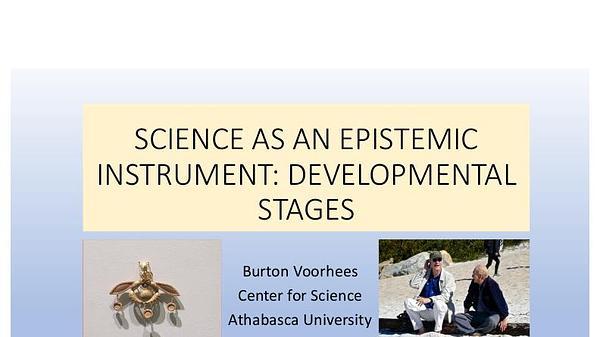Would you like to see your presentation here, made available to a global audience of researchers?
Add your own presentation or have us affordably record your next conference.
keywords:
mexico
social norms
cooperation
institutions
ethnography
Abstract:
The broad, cross-cultural variation in human cooperation poses a challenge to classic evolutionary explanations. Addressing this challenge, cultural evolutionists propose that norms and institutions shape cooperation. However, this remains a topic of debate. To shed light on how institutions influence cooperation, we present a detailed comparative analysis of two cooperative institutions in an indigenous Zapotec community of Oaxaca, Mexico. Gozona is a mutual aid institution that supports cooperation in agricultural labor and celebrations, while usos y costumbres are a set of traditional political institutions that facilitate the provisioning of public goods. Drawing on ethnographic, vignette, and survey data from 45 participants, we dissect the psychological and social mechanisms that these institutions harness to stabilize cooperation. Results reveal that gozona and usos y costumbres are governed by social norms that drive domain-specific cooperation; they are not associated with generalized prosociality. We also find that gozona and usos y costumbres rely on overlapping but distinct sets of mechanisms to sustain cooperation, including direct reciprocity, indirect reciprocity, and punishment. These results suggest that as cooperative institutions culturally evolve, they stitch together different cooperation-sustaining mechanisms– elucidating the rich diversity of culturally evolved institutions. Even within one, small-scale society, different institutions work in different ways.
Speaker's social media:
www.cameron-m-curtin.com
